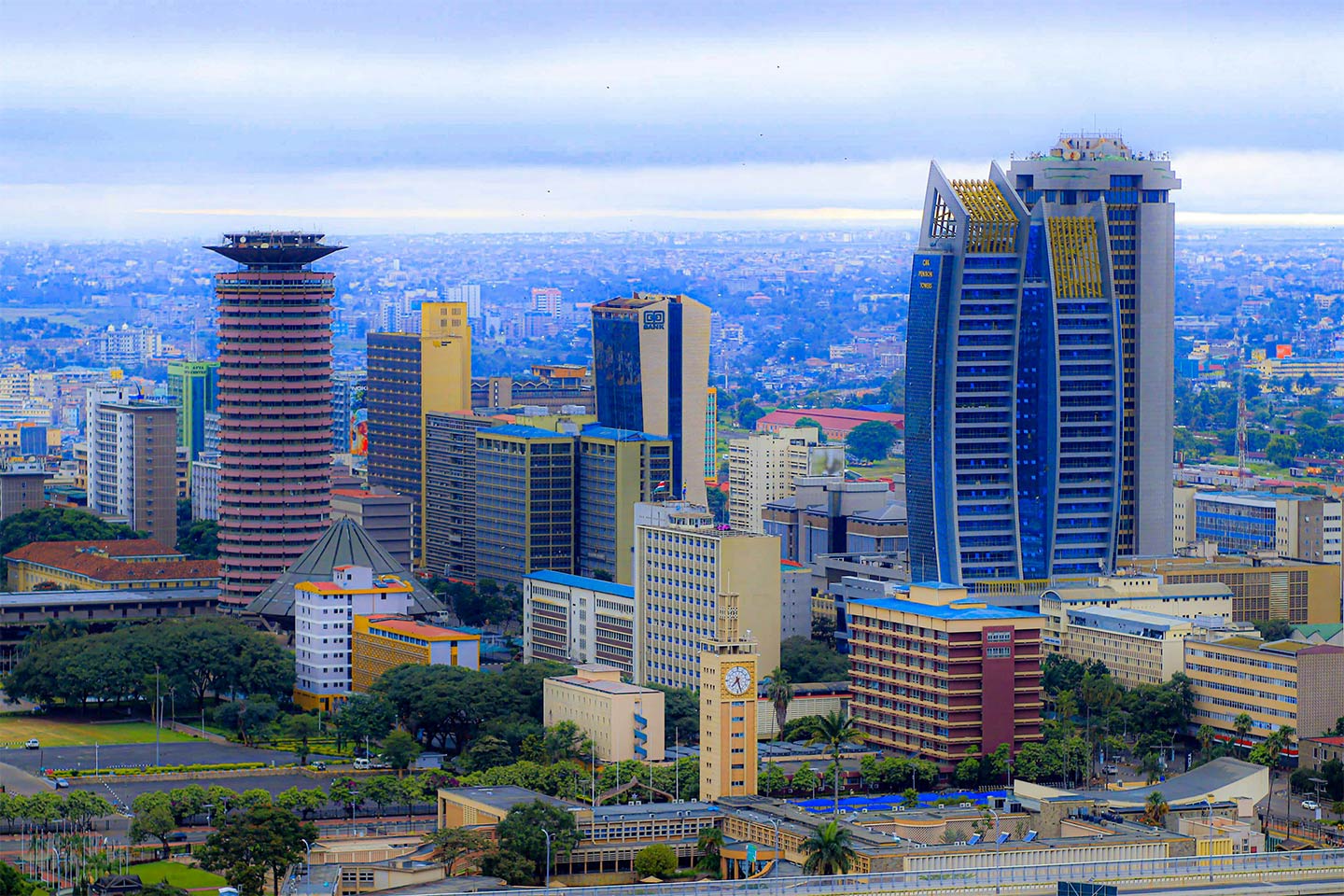Foreigners interested in acquiring property in Kenya often have questions about the legalities and processes involved. This guide answers key FAQs to provide clarity on foreign land ownership in Kenya.
- Can Foreigners Own Property in Kenya?
Yes, non-citizens can own property in Kenya under leasehold tenure for up to 99 years.
- Article 65(1) of the Constitution of Kenya (2010) provides that a person who is not a citizen may hold land on the basis of leasehold tenure only, and any such lease shall not exceed ninety-nine years.
- The Land Registration Act (No. 3 of 2012) re-affirms this, meaning that if a foreigner buys a “freehold” title, it is automatically treated as a 99-year lease.
- Additional restrictions apply to agricultural land and land in controlled areas: the Land Control Act (Cap 302) prohibits transfer of agricultural land to non-citizens unless special consent is granted.
- Are There Restrictions on the Type of Land Foreigners Can Hold?
Yes, there are specific limitations:
- Agricultural land: Non-citizens may not directly acquire agricultural land in areas under “land control” unless the transaction is approved by the Land Control Board or a presidential exemption is obtained.
- Coastal beachfront / controlled lands: The Land Laws (Amendment) Act 2016 introduced Section 47, which sought to bar non-citizens from owning first- or second-row beachfront plots. However, the High Court in 2021 declared Section 47 unconstitutional and void.
- Leasehold tenure: Non-citizens may hold land only on leasehold terms not exceeding 99 years, as per Article 65(1).
- What Happens When a Foreigner Acquires Freehold Land?
Kenyan law is clear: foreign nationals cannot hold freehold interests. Any land acquired by a non-citizen is automatically deemed leasehold for a period not exceeding 99 years.
Even if a foreign buyer purchases freehold property, the interest is legally recognized only as a leasehold capped at 99 years.
- What Happens Upon Expiry of a Leasehold Term?
Upon expiry, a foreign owner may apply for renewal or extension, but unlike citizens, foreigners have no automatic right to renewal. If the lease is not renewed, the land reverts to the government. It is advisable to apply for renewal well before expiry.
- Can Foreigners Own Property Through Trusts or Companies?
Yes — but there are qualification and structuring rules:
- For trusts, the beneficial interest must be held by Kenyan citizens for it to count as a citizen’s interest. A trust that benefits a foreigner does not bypass the leasehold limitation.
- Foreigners may invest indirectly through Kenyan-incorporated companies. However, if a company is foreign-controlled, it is still subject to the 99-year lease rule.
- For agricultural land, non-citizens (and foreign-owned companies) are restricted unless they invest through a public company and obtain government consent.
- Can Foreigners Inherit Property in Kenya?
Yes. Under the Law of Succession Act, foreigners can inherit property in Kenya. However, inherited property remains subject to Article 65 restrictions — non-citizens cannot hold freehold land.
In practice:
- The inheritance process follows Kenyan succession law (will or intestate).
- If the property is freehold, it is converted to a 99-year lease.
- The heir must ensure proper estate administration and land registration with local counsel.
- Is Financing Available for Foreigners Purchasing Property in Kenya?
Financing options exist but are limited and conditional.
- Some Kenyan banks offer mortgages to non-residents and expatriates, though typically with higher deposits, stricter eligibility and lower loan-to-value ratios than for citizens.
- Many lenders require borrowers to be residents or employed in Kenya, especially for investment property.
- Because of this, many foreigners self-finance, purchase through companies or trusts, or arrange offshore financing.
- What Is the Process for Foreigners to Lease Land in Kenya?
To lease land, foreigners must obtain an Alien Landholding Licence from the Ministry of Lands and Physical Planning.
The process involves:
- Documentation: Provide a valid passport, proof of income, and intended land use.
- Due diligence: Ensure the land is free of encumbrances or disputes.
- Legal assistance: Engage a qualified Kenyan property lawyer to manage applications and compliance.
- Are There Any Tax Implications for Foreign Property Owners?
Yes. Foreign owners face the same main taxes as citizens, but non-resident rules differ slightly.
Key considerations:
- Stamp Duty: 4% for urban property, 2% for rural or agricultural land.
- VAT: Residential property is generally exempt, while commercial sales or leases attract 16% VAT.
- Capital Gains Tax (CGT): 15% on net gains from property disposals.
- Annual Land Rates & Rent: Counties levy rates annually; leasehold properties pay land rent to the national government.
- Non-Resident Tax Compliance: The Kenya Revenue Authority enforces stricter oversight of non-resident taxpayers. Double Taxation Treaties (DTAs) may reduce tax exposure depending on your country of residence.
- I Am a Foreigner and Would Like to Buy Property in Kenya – Where Do I Begin?
To ensure a smooth acquisition and investment process, follow these key steps and best practices:
- Identify your investment objective – capital appreciation, rental income or lifestyle.
- Engage local legal counsel for title verification and due diligence.
- Choose the right ownership structure – personal, company or trust.
- Conduct thorough due diligence on title, zoning, and encumbrances.
- Negotiate terms and execute transfer with professional representation.
Invest in Kenya with Confidence – Let Newpoint Guide You
We will help you to confidently navigate the process of buying real estate in Kenya. Whether you’re acquiring a luxury residence, a commercial asset, or land, our team ensures a seamless experience from start to finish. We work closely with experienced property advocates who conduct thorough due diligence — verifying titles, checking compliance, and safeguarding your investment before you commit to purchase.
Get in touch with our team today to explore investment opportunities and receive personalized guidance on acquiring property in Kenya.
Contact us at info@newpointproeprties.co.ke or visit www.newpointproperties.co.ke to start your journey.



Join The Discussion